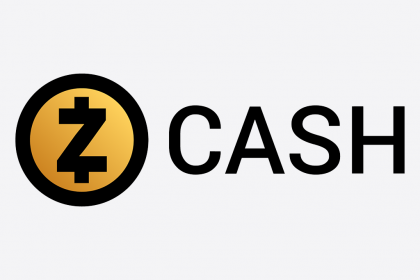The Overwinter upgrade brings a range of interesting new features to the ZEC protocol and sets the foundation for the upcoming Sapling hard fork, scheduled ahead this year.
On Tuesday, June 26, privacy-focused digital currency Zcash has achieved an important milestone by having successfully implemented its first hard fork called Overwinter. The hard fork upgrade was activated soon after the Zcash network mined block 347,500.
In a word with CoinDesk, Zcash engineer Simon Liu stated that it was not immediately about how many nodes executed the Overwinter fork, however, there was “unanimous support from all parties” for the upgrades. The Zcash website had listed twelve exchange supporting the hard fork along with other mining pools.
In his official blog post, Zcash’s marketing director Josh Swihart explains that the ‘successful’ event was a result of the network’s initial implementation of a two-tiered governance model. Swihart says that the first tier is an optional upgrade that aims to “remove chaos introduced by other governance models where users are forced down a certain path, potentially without their knowledge or consent.” The second tier is about “advocacy and education” which helps node operators make “well-informed decisions” regarding the upcoming hard forks before their execution.
The Overwinter hard fork brings several performance enhancements to the existing Zcash protocol. One of the important improvements is the “transaction expiry” which lets the mempool automatically cancel the ZEC transactions which have not been added to a block up to a predetermined period of 20 blocks or say approximately 50 minutes.
Additionally, the new features introduced by Overwinter will set the foundation for the upcoming Sapling hard fork that is scheduled to take place ahead this year in October 2018. Many of the developers say that the Overwinter hard fork will improve the transaction efficiency and scalability of the network.
After the successful activation of the Overwinter hard fork, the Zcash company has also released a two-year roadmap that talks about devoting important resources to marketing research and engineering as well integrating a “privacy-by-default” approach into the Zcash protocol. However, this privacy-by-default heature could draw the unwanted attention of the law enforcement agencies and officials who have expressed discontent against such privacy-focused coins.
The privacy-by-default feature will let users check the platform’s shielded “z-addresses,” wherein their transactions and balances won’t be visible to the observers of the blockchain. Currently, the default is an unshielded “t-addresses” which means that the transaction data is publicly viewable.
Swihart explained:
“The Zcash protocol and supporting tools, like the reference wallet, need to support broad-based privacy adoption. … We will track and measure adoption through a number of means including the number of shielded transactions, the number of third parties supporting shielded addresses, and the number of third parties supporting shielded addresses by default.”
Swihart also said that Zcash would carry a in-depth market research on this issue along with several other use-cases to “better understand both current uses and identify opportunities for improvement.”
next